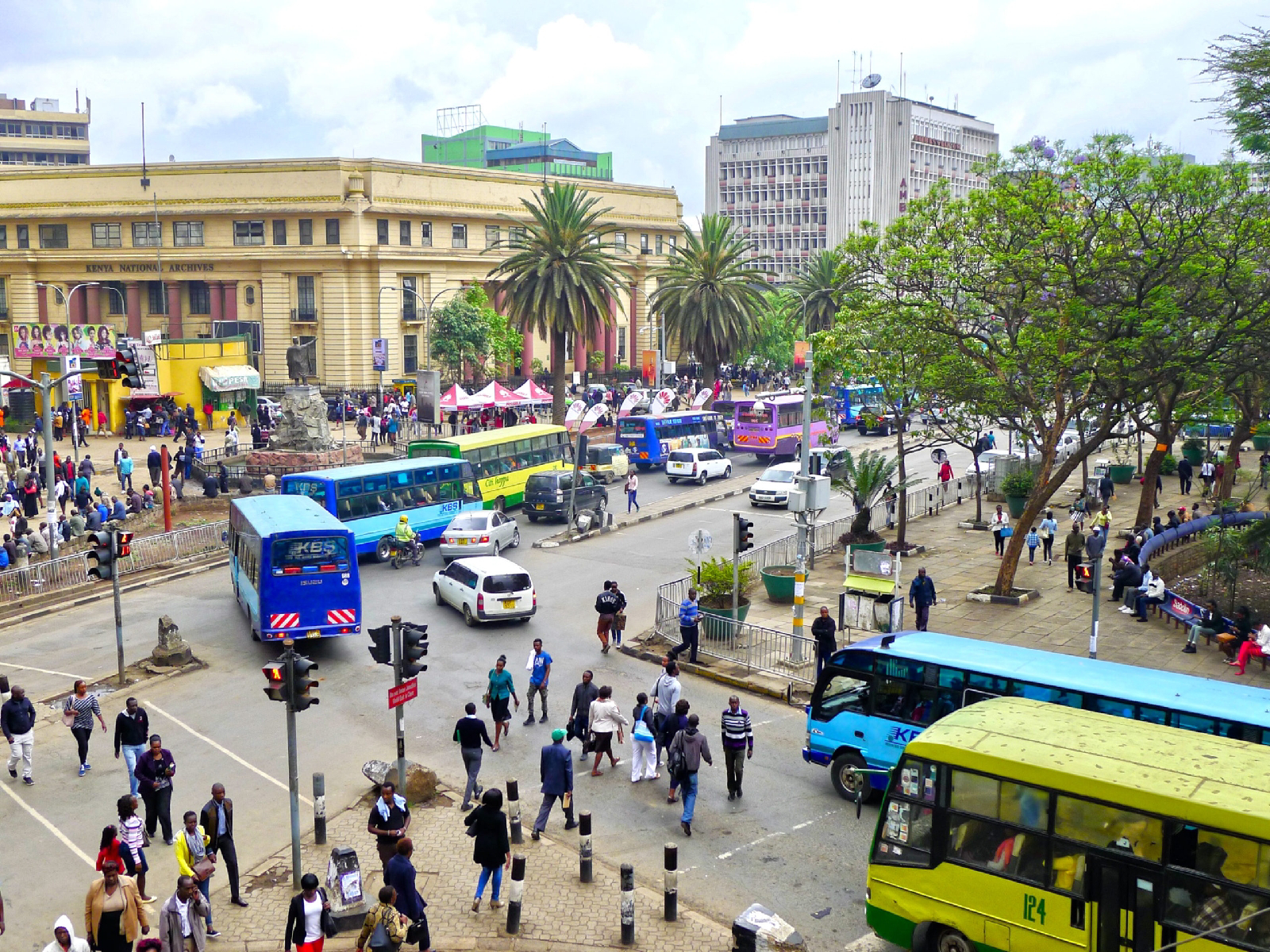Government Responds to Catholic Bishops' Concerns with Commitments on Corruption, Human Rights, Economy, and Youth Employment
NAIROBI, 15 November 2024 – In a detailed response to concerns raised by the Kenya Conference of Catholic Bishops (KCCB), the Kenyan government outlined a range of initiatives and policy measures aimed at tackling corruption, safeguarding human rights, improving economic conditions, and creating employment opportunities for youth. The statement, delivered by Government Spokesperson Hon. Sen. (Dr) Isaac Mwaura, CBS, at the Kenyatta International Convention Centre, reaffirmed the administration’s dedication to transparency and accountability in governance.
Dr. Mwaura emphasized the government’s steadfast focus on combating corruption, calling it a top priority for President William Ruto’s administration. Proposed legislative reforms include changes to the Evidence Act and Criminal Procedure Code to accelerate corruption investigations and ensure that cases are resolved within six months. Additionally, to encourage public participation in the fight against graft, the government plans to strengthen the Witness Protection Act to safeguard whistleblowers.
The government is also aiming to curb corruption in procurement by transitioning to a fully digital, transparent system. This initiative is part of broader amendments to the Public Finance Management Act and the Public Procurement and Disposal of Assets Act. The proposed changes will prioritize local content, requiring that 40% of government procurements be sourced from Kenyan manufacturers, and reserving smaller contracts for local firms to bolster domestic economic growth.
Acknowledging the injuries and fatalities during the June and July protests this year, the government expressed concern over the incidents and committed to ongoing investigations. Dr. Mwaura stated that the Directorate of Criminal Investigations (DCI) is examining reports of missing persons, while the Independent Policing Oversight Authority (IPOA) is tasked with investigating allegations of police excesses. The government remains committed to upholding human rights and ensuring accountability within law enforcement.
Addressing the financial difficulties facing faith-based hospitals, the government is working to clear outstanding debts owed to healthcare providers. So far, Kshs. 5.05 billion has been disbursed, with faith-based hospitals receiving nearly Kshs. 1 billion, and more payments expected shortly. Dr. Mwaura highlighted the success of the new State Health Insurance Fund (SHIF), which aims to provide universal healthcare. Over 14 million Kenyans have already enrolled, and citizens are encouraged to register.
The government is pursuing a fairer tax system, with reforms to ease the burden on ordinary Kenyans while ensuring sufficient revenue for national development. Measures include broadening the digital tax base to cover ride-hailing and online services, and introducing a Significant Economic Presence Tax for non-resident digital companies. The administration is also looking to increase domestic revenue while decreasing reliance on foreign debt, with a view to maintaining a sustainable debt-to-GDP ratio.
Following the rejection of the 2024 Finance Bill, which resulted in a Kshs. 346 billion shortfall, the government is exploring partnerships with international financial institutions and private investors. This includes securing funding from the IMF and Chinese loans for infrastructure, as well as expanding Public-Private Partnerships (PPPs) in critical sectors such as energy and transportation.
In a bid to address youth unemployment, the government reported significant progress in securing both domestic and international job opportunities. Over 105,000 Kenyans have been employed abroad, with further negotiations underway with countries like Russia, Poland, and Jordan to widen the labor market. Locally, the Affordable Housing Project has generated over 160,000 jobs, and the Climate WorX Mtaani initiative is set to employ 200,000 Kenyans.
The government also announced the operationalization of 274 digital hubs, alongside private sector partnerships to establish an additional 1,450 hubs nationwide. These initiatives are part of efforts to enhance digital literacy and connect Kenyans to online work, with nearly 500,000 citizens having already acquired digital skills.
Dr. Mwaura highlighted positive economic trends, noting an appreciation of the Kenyan shilling, which has reduced the country’s external debt servicing costs. Forex reserves have reached their highest levels in seven years, and inflation has dropped to 2.7%, a 17-year low. Key sectors like agriculture have shown robust growth, with surplus production in maize and sugar, attributed to favorable weather and strategic subsidies.
Efforts to stabilize the economy have also seen reductions in fuel and commodity prices, easing the cost of living for many Kenyans. The government is optimistic about continued economic progress, with policies aimed at fostering a self-reliant and resilient economy.
Addressing rumors of a government-led initiative to extend the terms of elected leaders, Dr. Mwaura clarified that the controversial bill was a private proposal by Senator Samson Cherargei and has already been dismissed by the Senate. The administration remains committed to the constitutional mandate of holding regular elections and upholding democratic principles.
The government invited continued dialogue with the KCCB and other civil society organizations, emphasizing a collaborative approach to nation-building. Dr. Mwaura urged critics to engage constructively, basing their assessments on facts rather than assumptions, to foster a unified, just, and accountable society.
As Kenya moves forward with these reforms, the government reiterated its dedication to meeting the expectations of its citizens, promising to uphold its mid-term achievements and deliver on the Kenya Kwanza administration’s goals outlined in the BETA plan.




Comments
Post a Comment